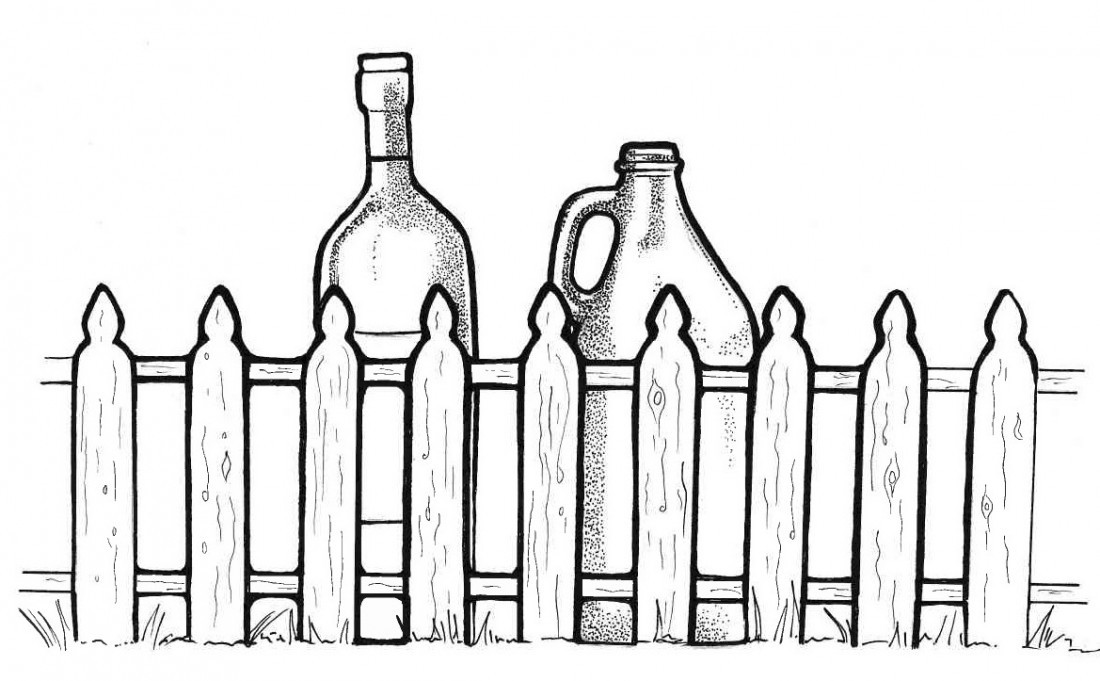My identity does not need your approval
Liquor Mart ID checks further marginalize people living with social and financial barriers
Most days, I don’t even know who I am. Similar to the way that people sometimes Google themselves, I often review my Facebook timeline. Who am I? What qualities do I present? Are my political memes dank enough?
My identity is complicated. My labels are not obvious by the colour of my skin or my mobility, because I live with an invisible disability. I am disabled, British, Canadian, Christian and a woman. Because I don’t appear brain-damaged, I move through the world with few barriers obvious to people looking at me from the outside.
Even though people can’t see I’m disabled, I struggle with my brain injury and the barriers I face because of it every day. Yet, because I don’t look disabled, people dismiss my identity and therefore my struggles. Whether it’s a sweeping “we’re all able-bodied here” or a boss telling me my disability “is only an issue if I make it an issue,” these constant, painful invalidations affect my mental health and make me question the legitimacy of my experiences.
Now, when anyone walks into a Manitoba Liquor Mart, they have to validate their identity before even entering. It’s no longer enough for people to be “of age” in order to buy alcohol. They have to have an identity validated by state. The entrance to liquor marts have become Checkpoint Charlies. Present your papers. Don’t ask questions. Be passive or face consequences.
This is always a hassle for me . Other than my British and Canadian passports (which I don’t want to carry around in case they are stolen), my only legal photo ID is my citizenship card, printed in 1996, featuring a six-year-old Hannah. This photo ID is still legally valid and will not legally expire. My photo on my expired driver’s license is more recent (and yet looks less like me than the ’96 version) but will not ever be renewed because I am partially blind.
Because Manitoba’s health cards are flimsy pieces of paper, unlike the solid photo IDs of Ontario and British Columbia, I can’t use that. I usually offer them a combination of my citizenship card and my expired driver’s license. At this point, they tell me it’s expired (no duh) and that I should invest in a $40 alternative ID.
It is unfair to make people who cannot drive, due to disability or access, pay for an extra ID in order to buy liquor. I’m not getting on a plane, buying a weapon or driving a vehicle. My citizenship card has my name, my picture (albeit 20 years old) and my age. That should be enough.
Also, people who are less likely to have “appropriate” IDs, usually due to income, citizenship status or disability, are more likely to have unacceptable IDs or experience financial or social barriers because of those same facets of their identities.
This extra appraisal can also be frustrating for marginalized people, especially BIPOC, with or without acceptable ID, as racial bias and distrust can be communicated before they even get in the store.
Monitoring identity in this way restricts movement and communicates which identities the state feels are acceptable (able-bodied, born and bred white Canadians) and further marginalizes people who suffer discrimination. But I’m not asking the province to approve my identity. I’m just here for the cheap wine.
Hannah Foulger is a disabled writer and theatre artist from Treaty 3 territory, Haldimand Tract.
Published in Volume 74, Number 24 of The Uniter (April 2, 2020)







